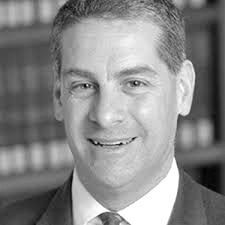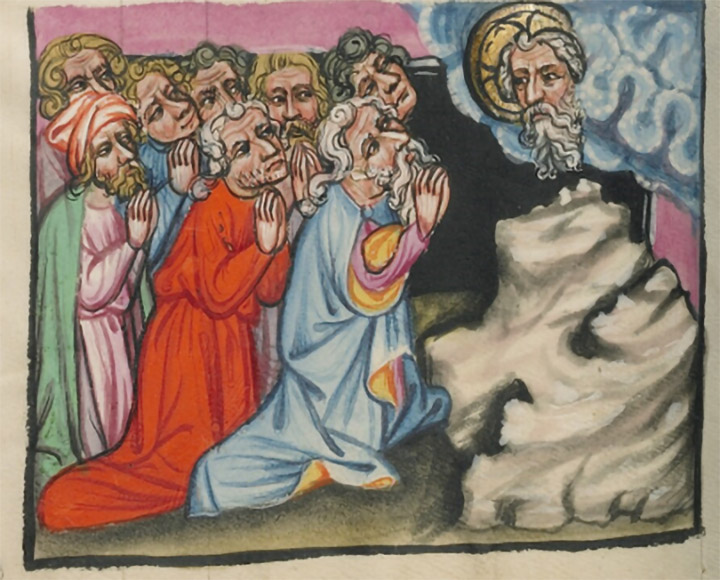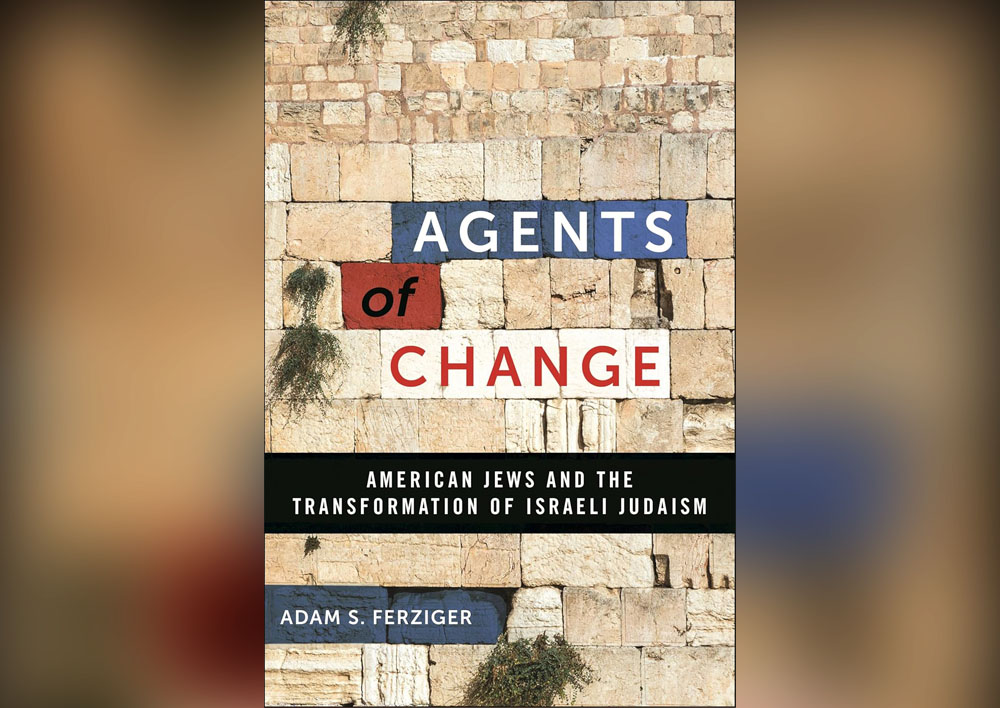When the members of his community wanted to appoint Rabbi Akiva their leader, he said, “Let me discuss it with my household.” The community followed him home and overheard them saying, “If you take the position, know that they will curse you and they will despise you.” – Jerusalem Talmud, Tractate Peah, 71b
The prophet Samuel skillfully strokes the erogenous zones of American political culture. When I was a kid, the “Schoolhouse Rock” video on the Revolution was called “No More Kings,” and Samuel could easily have served as an inspiration. After all, it is Samuel who warns the Israelites against a monarchy, predicting (1 Samuel 8:11-18) how the king would oppress, conscript, and loot the people. Haftarat Korach recapitulates much of this story, with Samuel also declaiming in front of the people his own probity, and the public agreeing with this assessment. It seems to be a great case of dramatic irony, with the reader futilely telling Israel, “No! Don’t do it!”
But let’s think again. Commentators say that Samuel wants a “theocracy.” But what is that, really? Unless God’s revelation is continuous, public, and specific – which no one claims – theocracy means not rule by God but rather rule by theocrat. Somebody must tell us what the Almighty wants, and it comes as little surprise that what the Almighty wants just happens to conform to what the theocrat wants. Theocracy, then, resembles not freedom but rather something closer to the Islamic Republic of Iran.
Samuel is no ayatollah. As he makes clear in his opening speech, he has neither stolen, nor defrauded, nor been corrupt (which is more than one can say for the current Iranian clerical elite). But what the people realize – and what Samuel does not – is that not every judge will be like Samuel, and in any event, even the best judge cannot perform some of the most critical public duties.
National security serves as the easiest example. One cannot read either the Book of Judges or Samuel without noticing that Israel faces constant violence and threat of destruction. The future kings may be corrupt and venal, but they can at least keep the people relatively safe for two hundred years, which is more than their predecessors can claim.
Just as importantly, however, only kingship could perform other crucial functions. It surely is no accident that the Temple gets built under a king, not a judge or a prophet. And the relative stability in a dangerous region also contributed to prosperity, as did public works and housing construction programs. (2 Chronicles 8-9). The king is not just some guy sitting on a big chair: as the Tanach makes very clear, he also is a chief executive (1 Kings 4:1-19), directing officials to administer the country – something no judge or prophet can do. Indeed, the charismatic warrior role is the one thing that Israel needed least from a king; after all, it already had Samson and Gideon. Rather, it needed a government.
Governing is hard. It requires a series of subtle and usually unappreciated skills, such as administration, personnel management, satisfying multiple constituencies, negotiating acceptable compromises, brokering deals. These skills cannot be learned in books, and practicing them is often ugly. But successful states need talented career politicians and civil servants who can serve the community.
And for the most part, in exchange for their efforts these professionals get nothing but abuse. Our culture lionizes billionaires, charismatic spiritual figures, celebrities, sports heroes. Legislators or cabinet secretaries or bureaucrats? Are you serious? If Newsweek has done a “50 Top Civil Servants” issue, I must have missed it.
Yet somehow, when we turn on the tap, we get clean water; if someone’s house catches on fire, the fire department is there; when we flip the switch, the lights go on; our Social Security checks get delivered; neither our food nor our water poisons us; Yosemite is a great place to visit; the air is significantly cleaner than 30 years ago; sewage doesn’t run in the streets; buildings don’t suddenly collapse; epidemics don’t ravage our cities. This is not miraculous. It comes from the administration we hate, and the politicians and bureaucrats we despise.
At least during Biblical times, that administration could only come from a king. Did that entail dangers? Of course, but judges and prophets had also worked badly. The people understood that, which is why they wanted a king.
Perhaps most importantly, the monarchy empowered the very prophets who challenged it. Prophecy protests against power; it cannot wield it. Consider the great moments of Biblical prophecy: none derived from the pre-monarchical period. The monarchy created wealth and power; by rebuking that wealth and power, prophecy created a moral vision that sounded throughout the ages. Both institutions needed each other.
“In framing a government which is to be administered by men over men,” noted James Madison in Federalist #51, “the great difficulty lies in this: you must first enable the government to control the governed; and in the next place oblige it to control itself.” Israel made clear that its government would be administered by men over men: the ruler was neither a God, nor had privileged access to God. By creating the monarchy, it enabled the government to control the governed. And by unleashing the prophets to challenge the monarchy and its state, it developed a method holding that state accountable.
“Speaking Truth to Power” is a popular and overused phrase in the academy. The concept it refers to is necessary, and speaks important wisdom. But we must also remember that power has its own truth, which is just as vital to civilization as the poetry it opposes. Humanity cannot flourish without order, and order cannot exist without power. Remember this – and then hug a bureaucrat. It’s not so bad.

































